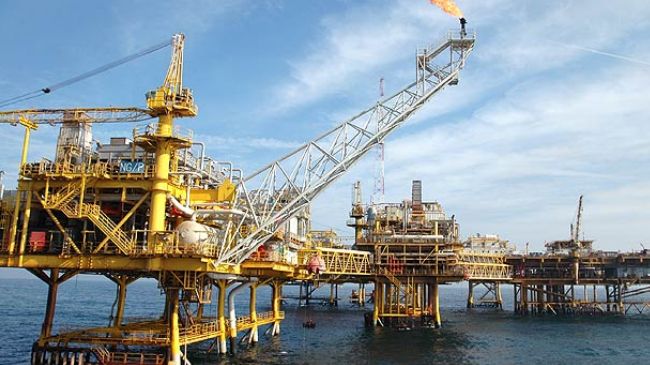TANAP gas supply to Europe to increase by 2026

By Nigar Orujova
Europe is unlikely to be able to reduce its reliance on Russian natural gas for at least the next decade and even further, Fitch Ratings said on August 26.
At best, the European Union may be able to avoid significant increasing of its gas purchases from Russia, the agency added.
"Any attempt to improve energy security by reducing European reliance on Russia would require either a significant reduction in the overall gas demand or a big increase in alternative sources of supply, but neither of these appears likely," Fitch said.
The recovering European economy will push up energy consumption in the coming years, helping offset energy efficiency measures, while environmental concerns will limit any further switch to electricity generation from other hydrocarbons or nuclear power.
"Therefore the European demand for natural gas is expected to grow slightly until the mid-2020s," according to the statement. "After that it is likely to accelerate as gas-fired electricity generation replaces old coal and nuclear capacity, although renewables will also fill some of this gap. Even if coal-fired and nuclear energy were favored over gas, the impact on energy security would be limited because Russia also supplies 26 percent of the EU's hard coal and is the sole supplier of fuel rods to nuclear power plants in several countries," the statement read.
European shale gas remains in its infancy and Fitch believes it will take at least a decade for production to reach meaningful volumes. By that point, it would only offset the decline in production from Europe's conventional gas wells.
Piped gas imports from markets other than Russia are also likely to remain limited.
The agency believes the Trans Anatolian Gas Pipeline is the only viable non-Russian pipeline under consideration. The pipeline could provide 31 billion cubic metres of gas a year by 2026, but that is not enough to cover the incremental increase in gas demand we expect over the period, let alone replace any supplies from Russia.
"A third alternative source is liquefied natural gas, as global liquefaction capacity is set to increase by around 70bcm a year by end-2017. But much of this new capacity is tied to long-term supply contracts and spare capacity in global LNG is likely to remain tight, in the tens of bcm. We do expect new LNG supplies to be signed up by Europe, but the LNG market is unlikely to be large enough to gain market share against Russian gas," according to the statement.
The TANAP project, developed by Azerbaijan's state energy company SOCAR in collaboration with Turkish Botas and the energy company TPAO, will deliver Shah Deniz gas to the Turkish-Greek border from eastern Turkey.
The project will link up with Trans-Adriatic (TAP) pipeline on the Turkish-Greek border.
The pipeline's initial capacity is expected to be 16 billion cubic meters per year. About six billion cubic meters of gas will be delivered to Turkey and the rest to Europe. The pipeline's capacity can be further expanded to 31 billion cubic meters of gas per year.
TANAP pipeline is planned to be put into operation in 2018. The project's cost is estimated at $10 billion to $11 billion.
Azerbaijan's State Oil Company SOCAR and Turkey's state-owned Botas Pipeline Company have signed a contract for the sale of SOCAR's 10 percent share in the TANAP project.
After completing the deals with BP and Botas, SOCAR's share in the TANAP project will be equal to 58 percent. The shares of BP and Botas will be 12 percent and 30 percent, respectively.
On December 17, 2013, a final investment decision was made on the Stage 2 of the 'Shah Deniz' offshore gas and condensate field's development. The gas produced at this field will first go to the European market.
Partners operating for Shah Deniz field's development, which has reserves of 1.2 trillion cubic meters of gas, include SOCAR with a share of 16.7 percent, British BP (28.8 percent), Norwegian Statoil (15.5 percent), Iranian NICO (10 percent), French Total (10 percent), Russian Lukoil (10 percent) and Turkish TPAO (nine percent).
